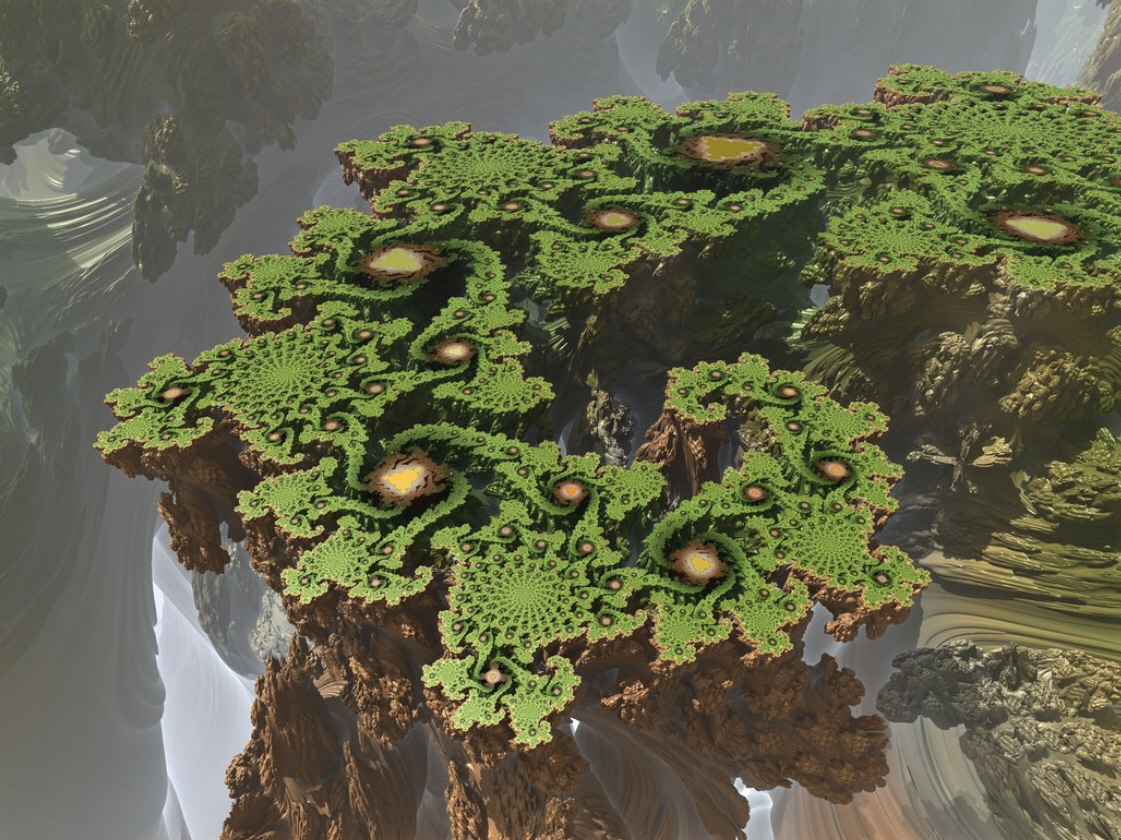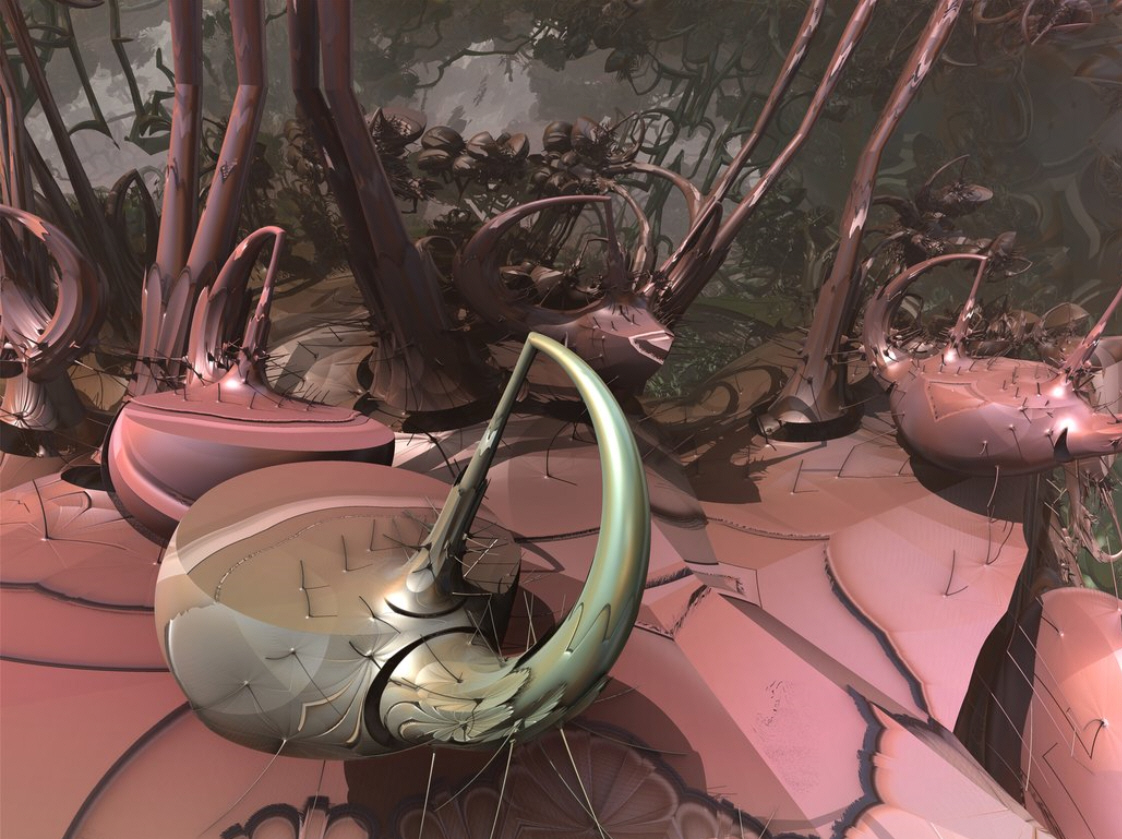Generate spectacular 3D fractals with Mandelbulber

Most fractal programs are entertaining for a while, and capable of producing some amazing abstract pictures. But the constant focus on 2D Mandelbrot imagery means that boredom will inevitably set in, and sooner rather than later. What you really need is something more interesting – and we have the ideal candidate.
Mandelbulber is a fractal program with a difference. Forget the usual 2D pictures, this brings you amazing ray-traced 3D images, with complex shading, full lighting and camera control, even the ability to create custom animations where the camera flies around and into your chosen view.
All this configurability does make for a complex interface, with more than 200 settings and controls spread across multiple tabs. But don’t let that put you off: most of the options can be ignored, at least initially, and you can create some great images with very little effort.
Just clicking "Render" gets the process started, with Mandelbulber using its default settings to produce your first fractal. Click the View tab and you’re able to manipulate this in 3D space: the left-hand buttons rotate the fractal; the right-hand buttons move your viewpoint; "Forward" zooms in; "Back" zooms out; clicking somewhere on the fractal moves the camera and zooms in, and if you get lost, "Reset view" returns to the starting point.
Click the "Fractal" tab and choose a new "Fractal formula type" to produce different images. "Polynomic power 2", "FoldingIntPower2", "Smooth Mandelbox" and "Tglad’s formula" are great places to start, while "Generalized Mandelbox Fold" manages to create Borg cube-type designs entirely mathematically. (Changing fractal type doesn’t alter your view settings, so if you don’t see the new fractal after it’s been generated, click View > Reset view.)
As you zoom into these images, so you might want them to become more detailed. Click the Engine tab and try increasing the "Detail level" and "Max iterations".
The "Image" tab is useful, too. Here you can increase the image resolution, tweak brightness and contrast, as well as save your fractal as a JPG or PNG for sharing with others later.
If you’re working on a really interesting fractal but have run out of time, click "Save Settings" to save the current program configuration, and "Load Settings" next time to restore it.
Mandelbulber’s real power comes in its ability to produce 3D animations, though. This is far from easy to master, but once you’ve seen what can be done then maybe you’ll think it’s worth the effort. Take a look at this.

